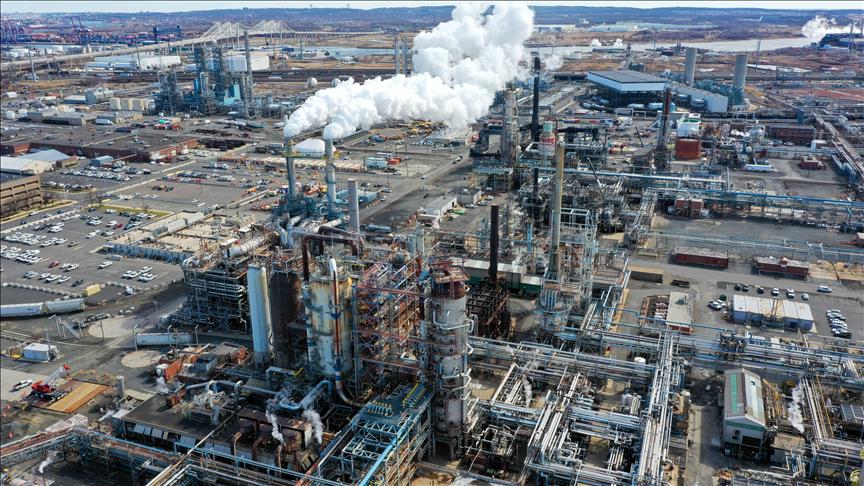Traders are selling European gas for the upcoming winter on optimism that they will continue to receive Russian shipments via Ukraine after the current transit agreement expires, Bloomberg reported on Thursday.
Since the year’s beginning, contracts for the first quarter of 2025 have decreased by roughly 20 per cent. Speaking on the fringes of the E-World conference in Essen, Germany, several industry participants said that the move demonstrated confidence that a mechanism will be in place to allow the flows to continue.
Gas could continue to flow even after the current agreement expires at the end of the year, provided that commercial agreements are made. According to one of the people, one possibility would be for Russia to offer supplies at the Ukrainian border.
The European Union (EU) has made it apparent that talks to prolong the current transit agreement with Russia are unlikely to take place. Ukraine has also declared that it will not renegotiate the contract, despite receiving transit fees under the current arrangement.
Moreover, following the Russian-Ukraine conflict, Moscow severely reduced supplies to the EU, resulting in less than 40 per cent of the contracted volumes on the transit pipeline being used by Russia.
Nevertheless, Russian gas continues to be essential to the EU and enters through Turkey among other ports. After the United States, Russia is also Western Europe’s second-largest supplier of liquefied natural gas. EU representatives have made it apparent that the union should lessen its reliance on Moscow for gas, but they have refrained from imposing penalties.
Last month, Russian Energy Minister Nikolai Shulginov hinted that gas transit to Europe might go on as alternative routes for gas shipment via Ukraine might be investigated beyond 2024, as Interfax reported at the time. Shipments may continue, according to Slovakia, the first EU country on the Ukrainian transit route.
The restoration of 11.5 billion cubic metres of annual Russian pipeline supply to the EU to balance for the next three years was stated by analysts at Energy Aspects Ltd. earlier this month. This was done “on the expectation that alternative flow arrangements are made following the end of the current transit agreement in end-2024.”
EU Supplies
According to people familiar with the situation, the European Commission, the EU’s executive branch, thinks that even the member states most dependent on Russian gas could withstand a complete cutoff of supplies from the nation, though there would be difficulties. The scarcity of alternate supply routes is a major worry. Almost half of the 14 billion cubic meters that passed through the Ukraine route last year went to Austria.
Yet, the bloc could obtain gas in other ways. Through the Turkstream pipeline connecting Russia and Turkey, it could import up to four billion cubic meters; the remaining amount would come from LNG imports. Additionally, the people said that Austria and the Czech Republic could receive support from Germany, Italy, and the Netherlands, while Slovakia could receive gas from Poland.
According to sources, the EU is still looking to extend demand-reduction measures through the upcoming winter.
